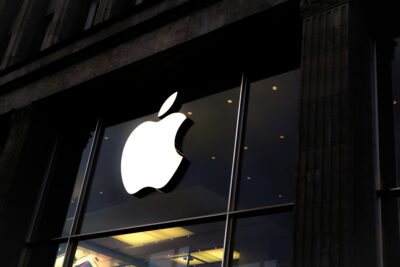
Marketplaces are built on trust – this won’t happen without secure payments
A smooth payment flow and easy subsequent purchases are requirements for nearly every application’s success. At the same time, facilitating and managing the merchandise while earning the users’ trust is one of the hardest things for e-commerce marketplaces.
Online marketplaces – such as Tori.fi, Wolt and Amazon – are built on trust. The buyers trust that they will get their products or services and the merchants trust that they will get their money.
The challenge is in ensuring that the parties trust the marketplace rather than third parties.
Lack of trust, or elements that create friction in the feeling of trust, have a massive effect on the likelihood of users choosing a certain payment method. One way to build trust is to have the platform control, curate and manage the relationship and facilitate the payments.
Earlier this month, Qvik hosted a roundtable meeting to discuss payments, platform apps and open banking solutions with over thirty professionals. The discussions were hosted by Joonas Tomperi from Enable Banking, Luis Orozco from Schibsted and Perttu Kröger from MobilePay.
We wrote three articles based on the discussions – this first one is about trust, second will be about taking advantage of PSD2 and open banking and third will be about platform apps.
Transactional models enable safer and user friendly business opportunities
Facilitating payments makes the marketplace generally a payment institution, which requires a licence. Applying for a licence is not rocket science, but can take a while. Marketplaces that facilitate payments are called transactional marketplaces. Customer funds are first transferred to an escrow account, where they can be transferred to the seller.
“We have seen that during the past few years online fraud cases have increased, so it’s important for online marketplaces to have better ways to deal with misunderstandings and possible frauds”, says Schibsteds Director of Product Tori.fi, Luis Orozco.
Transactional models enable new business opportunities, like onboarding partners, earning commissions and delaying or speeding money transfers.
These could come in handy for example if you buy a second hand item from a transactional marketplace with home delivery. The marketplace can offer you the possibility to accept the merchandise after delivery, so in case the item would have a scratch or flaws that were not mentioned in the description, you could agree to a price reduction or return the item.
The past few years have changed the way we shop online, and this challenges marketplace builders to find new business concepts and enable new consumer behaviour.
Also merchants that are only selling specific goods and services have many ways to benefit from becoming a transactional marketplace. For example, a travel merchant could offer car charging and washing while you are abroad and sell tickets to your destination’s favourite attractions in the same transaction.
Join our next event on alternative payment methods?
Qvik facilitates roundtable meetings and panel discussions on a regular basis. In the most recent one, held on Wednesday, September 7, we gathered at Erottajan Kasino to discuss the role of marketplaces in digital e-commerce from the point of view of payments.
The topic of our next event on November 16th is going to be the rise of alternative payment methods.
If you would like to hear more and join the next event, please contact advisory@qvik.fi and we will keep you posted!



